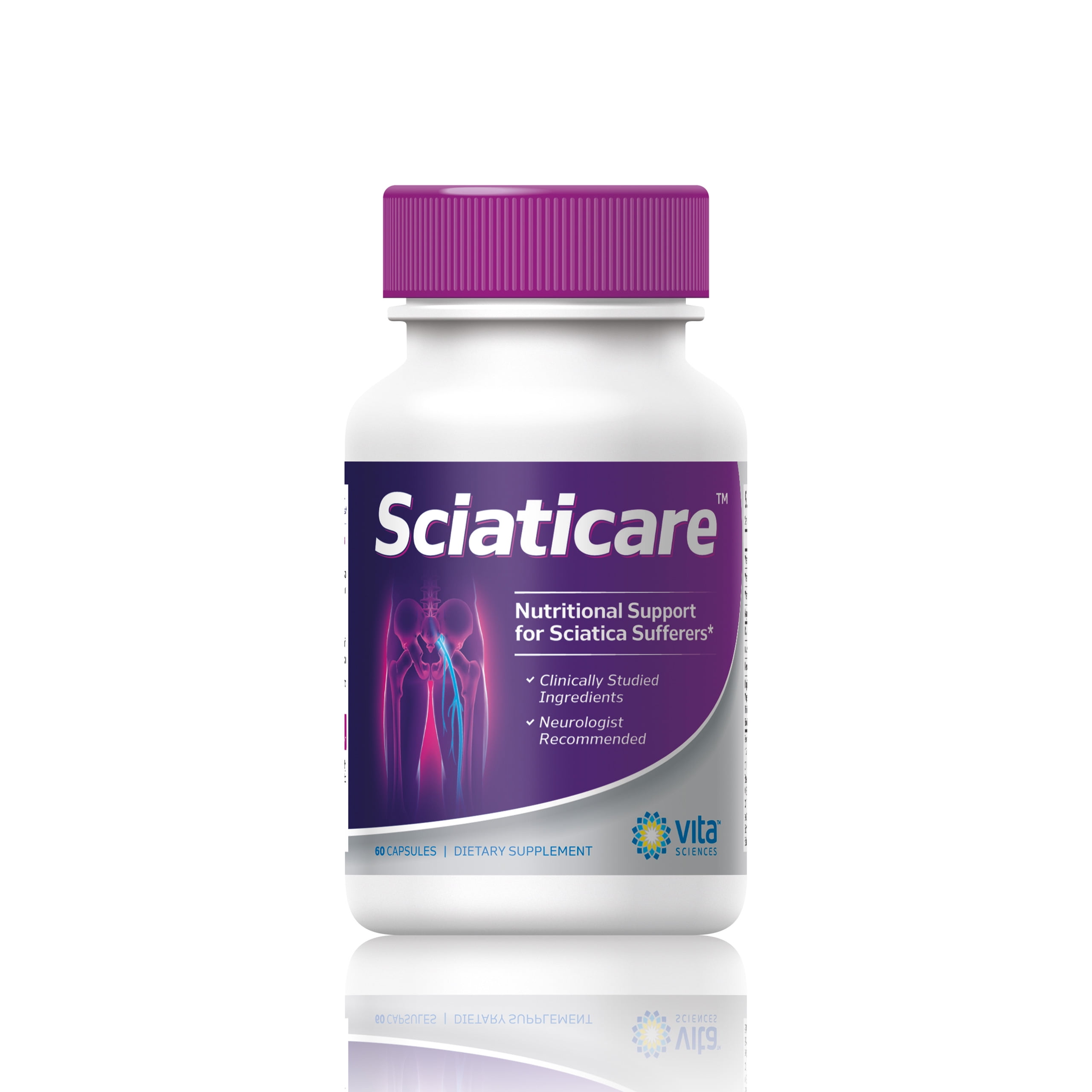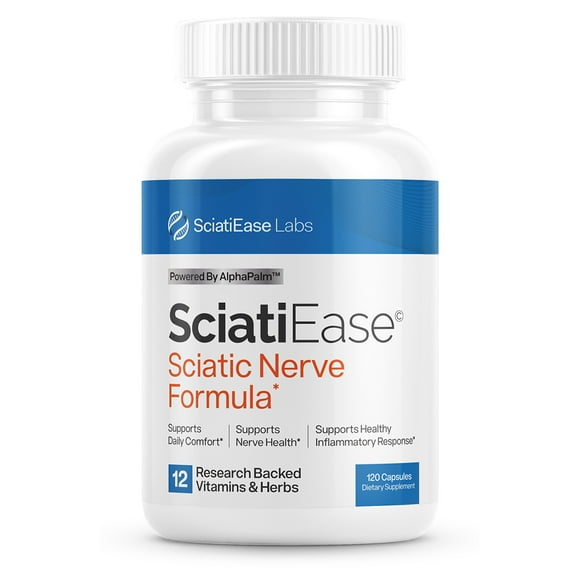What Vitamin Is Used For Sciatic Nerve Pain

Sciatica, characterized by radiating pain down the leg, can significantly impair quality of life. Many sufferers seek relief beyond conventional treatments like pain medication and physical therapy, leading them to explore alternative options, including vitamin supplementation.
This article delves into the potential role of vitamins, specifically B vitamins, in managing sciatic nerve pain, examining available evidence and expert opinions to provide a comprehensive overview.
The Vitamin B Connection: Fact or Fiction?
The link between B vitamins and nerve health has been a topic of discussion in both medical and alternative medicine circles. B vitamins, a complex group of essential nutrients, play a crucial role in maintaining the health and function of the nervous system.
While not a standalone cure for sciatica, some studies suggest that specific B vitamins, particularly B1 (thiamine), B6 (pyridoxine), and B12 (cobalamin), may offer some relief from nerve-related pain.
Examining the Evidence: What the Research Says
Several studies have investigated the potential benefits of B vitamins in managing nerve pain, including sciatica. Research on B1, or thiamine, suggests it may support nerve function and reduce inflammation, potentially alleviating pain.
Pyridoxine, or B6, is involved in the synthesis of neurotransmitters, which play a role in pain perception. Deficiencies in B6 have been linked to neurological symptoms, and supplementation might offer benefit in certain cases.
Vitamin B12 is critical for the formation of myelin, the protective sheath surrounding nerve fibers. B12 deficiency can lead to nerve damage and neuropathic pain, which could exacerbate sciatica symptoms.
A systematic review published in the Journal of Pain Research in 2017 analyzed the evidence for B vitamins in neuropathic pain. While some studies showed positive effects, the overall quality of evidence was considered moderate, and more rigorous research was recommended.
It's important to note that some older studies suggested that high doses of B6 could be toxic and cause neurological problems. Current recommendations advocate for safe upper limits of B6 intake.
Expert Opinions and Recommendations
Medical professionals generally emphasize that B vitamins are not a substitute for conventional medical treatment for sciatica. They suggest a comprehensive approach including physical therapy, pain management, and addressing the underlying cause of the nerve compression.
However, some doctors may consider B vitamin supplementation as an adjunct therapy, particularly if a patient is found to be deficient. "Addressing underlying vitamin deficiencies can contribute to overall nerve health and potentially improve pain management," stated Dr. Emily Carter, a neurologist at the National Institute of Neurological Disorders and Stroke (NINDS), in a recent interview.
It's crucial to consult with a healthcare professional before starting any new supplement regimen, especially if you have underlying health conditions or are taking other medications.
Who Might Benefit from B Vitamin Supplementation?
Individuals diagnosed with sciatica who are also deficient in one or more B vitamins may experience some symptom relief with supplementation. Those with conditions that increase the risk of B vitamin deficiencies, such as diabetes or certain gastrointestinal disorders, could also potentially benefit.
Vegans and vegetarians, who may have limited intake of B12 from dietary sources, should be particularly mindful of their B12 levels and consider supplementation. Elderly individuals are also at higher risk of B12 deficiency due to decreased absorption.
However, it's important to emphasize that supplementation is not a guaranteed solution for sciatica and should only be considered under the guidance of a qualified healthcare provider.
The Importance of a Holistic Approach
While B vitamins might play a supporting role, managing sciatica effectively typically requires a multi-faceted approach. This includes identifying and addressing the underlying cause of nerve compression, such as a herniated disc or spinal stenosis.
Physical therapy, stretching exercises, and ergonomic adjustments can help alleviate pressure on the sciatic nerve and improve posture. Pain management techniques, such as over-the-counter pain relievers or prescription medications, can help control pain and inflammation.
Lifestyle modifications, such as maintaining a healthy weight and avoiding prolonged sitting or standing, can also help prevent sciatica from recurring.
Conclusion
B vitamins, particularly B1, B6, and B12, may potentially play a supportive role in managing sciatic nerve pain, especially in individuals with deficiencies. However, they are not a substitute for conventional medical treatment and should only be considered as part of a comprehensive approach under the guidance of a healthcare professional.
Further research is needed to fully elucidate the role of B vitamins in sciatica and to determine optimal dosages and treatment protocols. Prioritizing a holistic approach that addresses the underlying cause of sciatica and incorporates lifestyle modifications remains essential for effective pain management and long-term relief.
Ultimately, open communication with your doctor is the best way to determine the most appropriate and effective treatment plan for your individual needs.


















